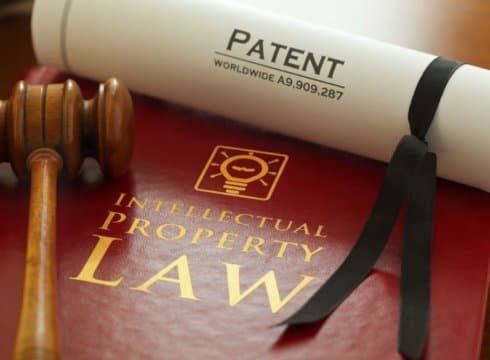Inc42 Daily Brief
Stay Ahead With Daily News & Analysis on India’s Tech & Startup Economy
The Department of Industrial Policy and Promotion (DIPP) has laid down the definition of a startup to avoid any ambiguity in the matter for consideration of government schemes.
As per the current definition of startups, an entity will be identified as a startup:
- Up to five years from the date of its incorporation/registration.
- If its turnover for any of the financial years has not exceeded INR 25 Cr.
- If it is working towards innovation, development, deployment, or commercialisation of new products, processes or services driven by technology or intellectual property.
Innovation has been proposed as the base of any entity for being considered a startup. Patents provide an exclusive right to the owners to avoid duplicity and, as such, reduce the chances of having their designs copied.
The government included patents in its Startup India Action Plan in order to promote awareness and adoption of Intellectual Property Rights (IPRs) by startups. And to facilitate them in protecting and commercialising the IPRs by providing access to high-quality Intellectual Property services and resources. As startups that have limited resources and manpower, cannot sustain in today’s competitive world if they do not protect their IPRs.
The plan includes fast-track examination of patent applications and a rebate in fees.
The scheme for Startup Intellectual Property Protection (SIPP) has a provision to facilitate the filing of Patents, Trademarks and Designs by innovative startups.
The government has also undertaken various measures in this regard. Some of them are –
Fast-tracking of startup patent applications: A patent provides a protective cover to a startup with an innovation. To this end, the government has promised to fast-track the process of application for examination and disposal, so that startups can realise the value of IPRs at the earliest.
Panel of facilitators to assist in filing of IP applications: For effective implementation of the scheme, a group of “facilitators” have been empanelled by the Controller General of Patents, Designs and Trademarks (CGPDTM), who shall also regulate their conduct and functions. Facilitators are responsible for providing general advisory on different IPRs. They also provide information on protecting and promoting IPRs in other countries. They also provide assistance in the filing and disposal of the IP applications related to patents, trademarks, and designs under the relevant Acts – including appearing on behalf of startups at hearings and contesting opposition, if any, by other parties, till the final disposal of the IPR application.
Government to bear facilitation cost: Under this scheme, the Central Government bears the fees of the facilitators for any number of patents, trademarks or designs that a startup may file. Startups only have to bear the cost of the statutory fees payable.
Rebate on filing of application: Startups are provided an 80% rebate in filing of patents vis-a-vis other companies. This was aimed to help them pare costs in the crucial formative years.
The scheme was launched initially on a pilot basis for one year. The government had notified that it will take further steps on the basis of experience gained. The scheme has now been extended for three years up to the year 2020.
As per the most recent status report issued on April 15, 2017, a panel of 423 facilitators for patent and design applications and 596 facilitators for Trademarks applications has been constituted for assistance in filing Intellectual Property (IP) applications and to fast track the process of patent filing and acquisition.
The DIPP bears the facilitation cost on behalf of chosen startups and also provides rebate in the statutory fee for filing application. Under the scheme for Startups Intellectual Property Protection 179 applications have reportedly received up to 80% rebate in patent fees and free legal assistance.
32 startups have made a request for expedited examination (Form 18(A)) whereas, Trademark facilitation has been extended to 52 startups.
In order to promote awareness and adoption of intellectual property rights of startups and protect and commercialise them, the Indian Patent Office issued a set of guidelines in May 2016. The guidelines are regarding the procedure to be adopted for filing/processing their applications for patents, designs, trademarks and fees to be paid to the facilitators thereof.
{{#name}}{{name}}{{/name}}{{^name}}-{{/name}}
{{#description}}{{description}}...{{/description}}{{^description}}-{{/description}}
Note: We at Inc42 take our ethics very seriously. More information about it can be found here.


